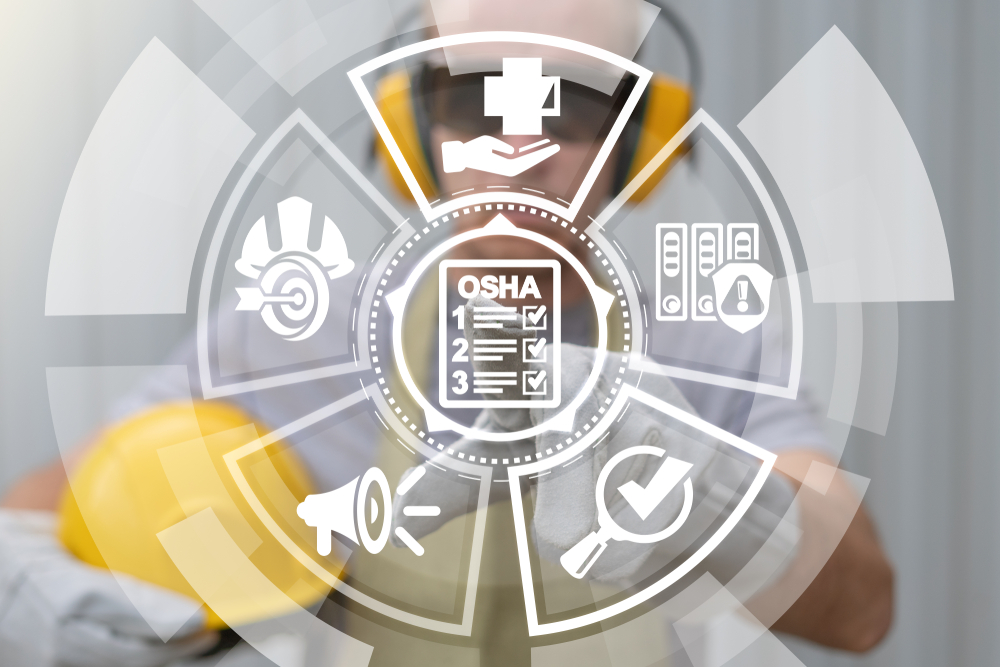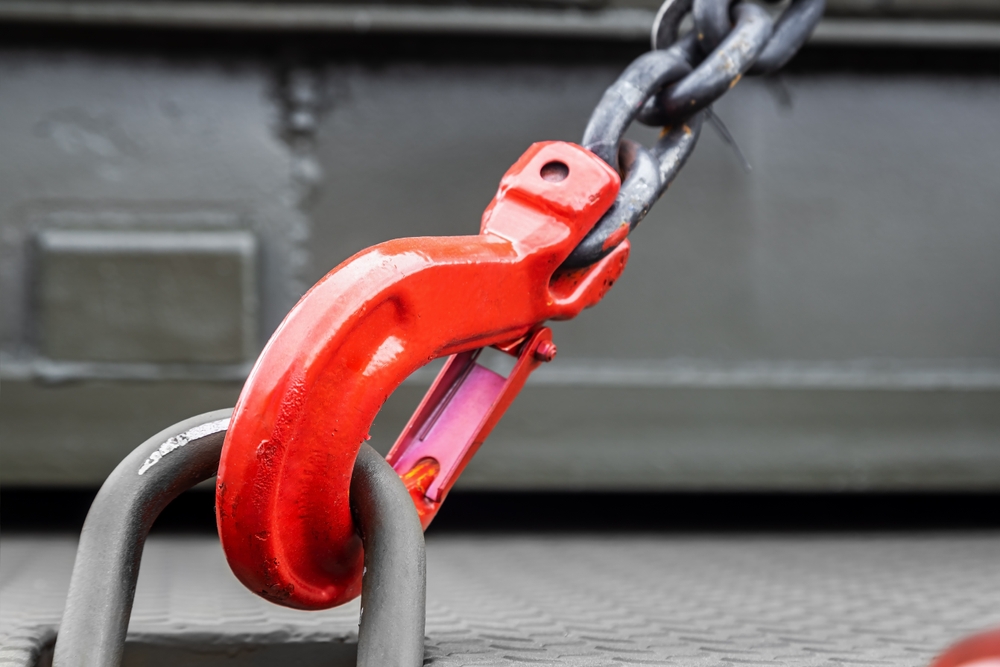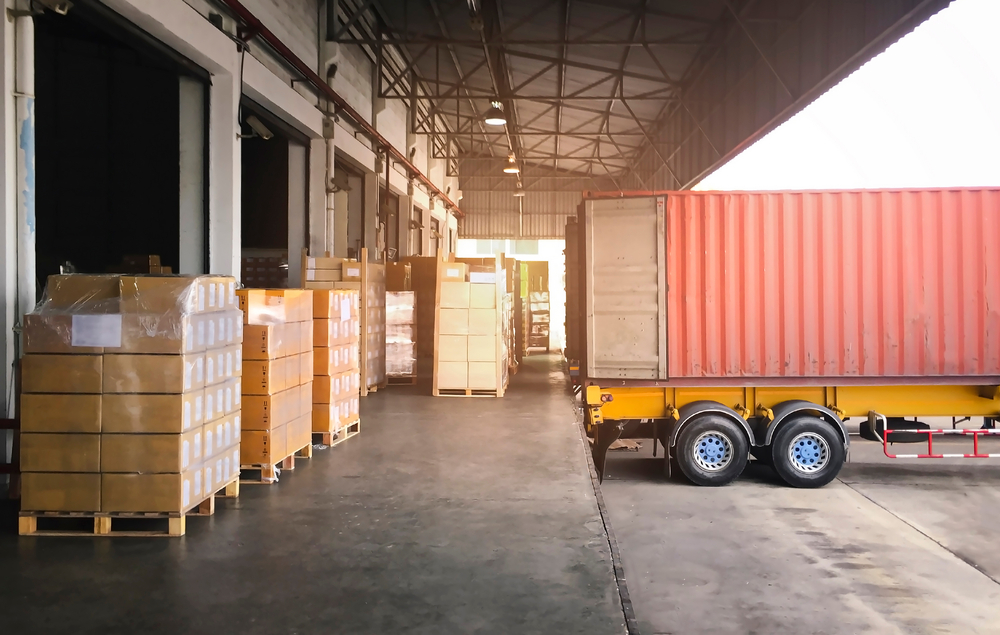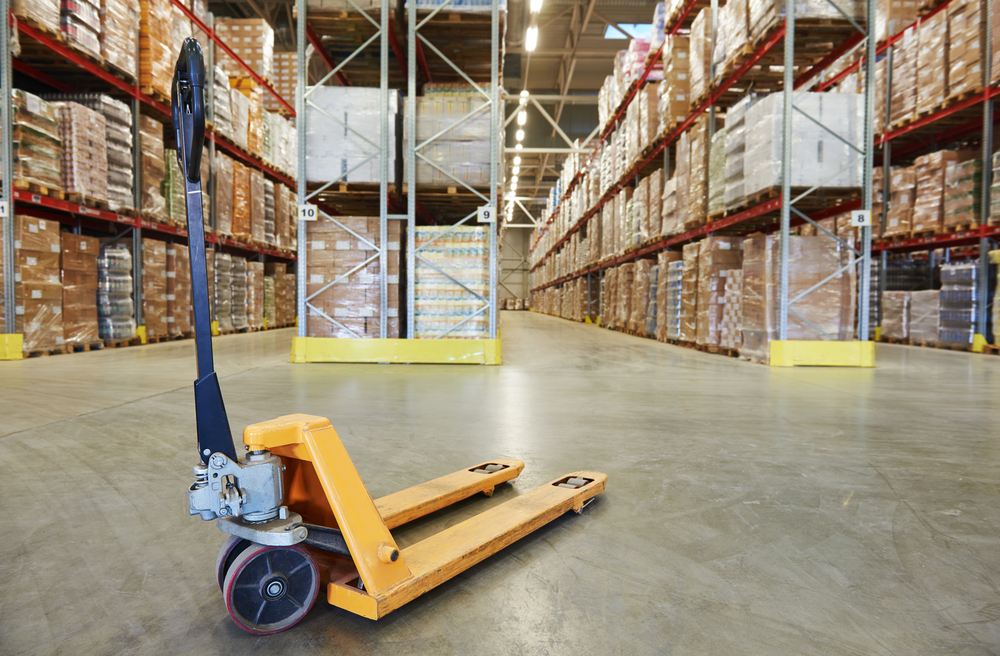HOW TO SAFELY SERVICE LOADING DOCK LEVELERS
Loading dock levelers require regular maintenance to function at peak efficiency. While this service is typically only needed semi-annually or quarterly, the task itself can be dangerous.
Thank you for reading this post, don't forget to subscribe!Weighing more than 1,000 pounds, the loading dock leveler, due to size alone, is one of the most dangerous pieces of loading dock equipment to service. Underfoot, it serves as the safe and efficient bridge between the facility and trailer. Overhead though, a loading dock leveler can be a major risk to the person maintaining it.
Unfortunately, unsuspecting facility maintenance employees can be seriously injured when a loading dock leveler crashes down on top of them. That up-to-one-ton piece of steel can fall 3 feet in the blink of an eye if not serviced properly. These accidents can lead to fatal injuries, not just bruises or broken bones.
There are ways to ensure facility workers avoid risks associated with loading dock leveler service, maintenance, and repair.
1. Always Use a Loading Dock Maintenance Strut to Prevent Dock Leveler Collapse
A maintenance strut can be used while servicing the loading dock leveler to help uphold the integrity of the surrounding equipment and prevent worker accidents. Regardless of the type of loading dock leveler– mechanical, air-powered, or hydraulic – a maintenance strut can help ensure the leveler will not collapse and free fall while being serviced.
There is a maintenance strut that can be used in virtually any circumstance. When secured on the pit floor and through the lip in the leveler, all Stokes Equipment service trucks are equipped with the universal Rite-Hite® Safe-T-Strut that withstand 10,000 pounds of force and even take on violent rocking motion if a forklift or truck were to collide with the loading dock leveler.
2. Call in the Expert Loading Dock Leveler Service Technicians
While onsite, maintenance could be performed by payroll staff, but there are external options that allow facility and safety managers the peace of mind that their loading dock levelers and material handling equipment are being maintained by experts. Stokes Equipment specialized service technicians will know the finer details – and dangers – of the equipment.
Stokes Equipment professional service technicians are trained to follow all safety protocols during routine or emergency maintenance. Safety-conscious technicians will set up the work area with visual alerts like cones and tape to create a designated work environment to minimize outside forces.
Forming a safe environment is one of the first and most important tasks an experienced Stokes Equipment service technician performs. If there are any lockout/tagout systems in place (e.g., loading dock leveler connected to a dock control box programmed with a safe sequence of operations), the technician will ensure the leveler cannot be lowered accidentally.
In addition to ongoing training and education, experienced certified Stokes Equipment technicians have seen nearly every problem – at virtually every stage – that can arise with a loading dock leveler. Having the knowledge and the right tools and equipment on their service vehicles makes most service calls a successful trip.
Trained technicians also will go beyond the task that day by diagnosing a root cause problem. Potential solutions can be shared to prevent a similar failure in the coming days, weeks, and months. Expert technicians are trained to assist with decisions to either repair, replace or upgrade loading dock levelers to ensure the highest long-term efficiency at your facility’s most integral throughput area.
A loading dock leveler that malfunctions might not lead to an instant injury, but untrained in-house facility staff might not know how to properly diagnose the problem during an attempted emergency repair that can endanger their well-being.
3. Enact a Planned Maintenance Program (PMP) To Save on Leveler Repairs
On-going maintenance performed by an expert technician as part of a Planned Maintenance Program (PMP) has short-term and long-term benefits. Safety for all facility workers is the most immediate and important benefit.
Safety takes time, but the long-term benefits of having a skilled technician inspecting a loading dock leveler oftentimes far outweigh the costs. Like an oil change for your car, a PMP is intentional maintenance that can prevent smaller problems from becoming major issues (i.e., complete breakdown). This type of proactive maintenance is a much smaller expense in the long term than the emergency repair and replacement costs that commonly occur from a reactive approach to maintenance. And with fewer emergency repair visits, loading dock operations can stay on schedule with only minimal service downtime.
Malfunctioning Levelers Can Be Risky, So Always Put Safety First
Remember to keep safety as the top priority before attempting in-house loading dock leveler service, maintenance, or repair. One missed safety step can be disastrous to your employees, other equipment, and your bottom line.
Be sure to call Stokes Equipment for loading dock equipment in Philadelphia or to talk representative and ask about a PMP that best fits your facility. Certified technicians work on loading dock levelers and other loading dock equipment every day and understand how to minimize risks for your employees through advanced training and experience.





